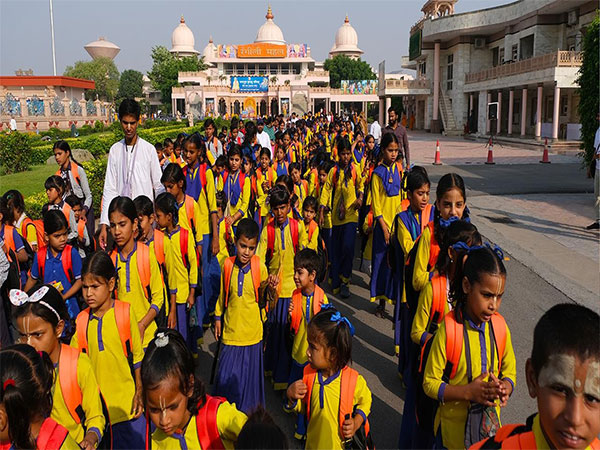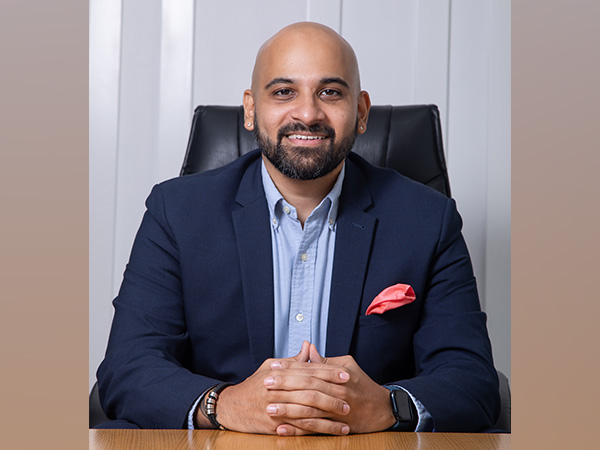EU parliament to vote on stricter migration rules
Apr 11, 2024
Brussels [Belgium], April 11: The European Parliament was preparing Wednesday to vote on sweeping reforms to the European Union's migration and asylum rules.
The new EU Asylum and Migration Pact aims to manage the impact of migration to the bloc by accelerating the rejection of invalid applications and by sharing the burden of processing asylum requests more evenly among member states.
The vote comes after years of fierce debate between conservative and liberal lawmakers and northern and southern EU member states, and as EU asylum applications reached a seven-year high in 2023.
The European Parliament's main political groups have indicated they will back the ten-law package, but migrant charities and non-governmental organizations are critical of the pact on human rights grounds.
"It's a vote that is not a given," acknowledged centrist French lawmaker Fabienne Keller, even though "a democratic majority in the European Parliament supports it."
The changes to the EU's asylum system will, if the law is adopted and then confirmed by EU ministers, come into force in 2026.
Under the new system, migrants illegally entering the EU will undergo identity, health and security checks, including biometric readings of faces and fingerprints, within seven days.
The procedure aims to determine which migrants should receive an accelerated or normal asylum application process, and which ones should be sent back to their country of origin or transit.
Children are to receive special treatment, with countries obliged to install independent monitoring mechanisms to ensure rights are upheld.
Asylum-seekers from countries whose nationals' applications are generally rejected - such as Tunisia, Morocco and Bangladesh, for example - are to be fast-tracked in detention centers close to the EU's external borders, enabling them to be deported quicker.
The controversial centers, located at land borders, ports and airports, will be able to house up to 30,000 people at any period, with the EU expecting up to 120,000 migrants to pass through them annually.
Critics, however, fear that such border facilities could encourage systematic detention and undermine human rights.
The political key to winning support for the proposals is reform to the EU's so-called "Dublin III" mechanism which determines which member state is responsible for processing any individual asylum application.
Generally, the European country in which an asylum-seeker first arrives has been responsible for handling their case, placing a greater strain on southern countries such as Italy, Greece and Malta.
Under the new rules, the "first-country" principle will remain but additional measures including a "mandatory solidarity mechanism" would oblige other member states to shoulder a fairer share of the burden.
If other member states are unwilling or unable to physically host asylum-seekers while their cases are being processed, they can assist financially or by providing extra personnel.
At least 30,000 asylum-seekers a year are expected to come under this relocation system. An annual financial compensation of €600 million ($650 million) would be fixed for those preferring to pay instead of host.
Source: Times of Oman








